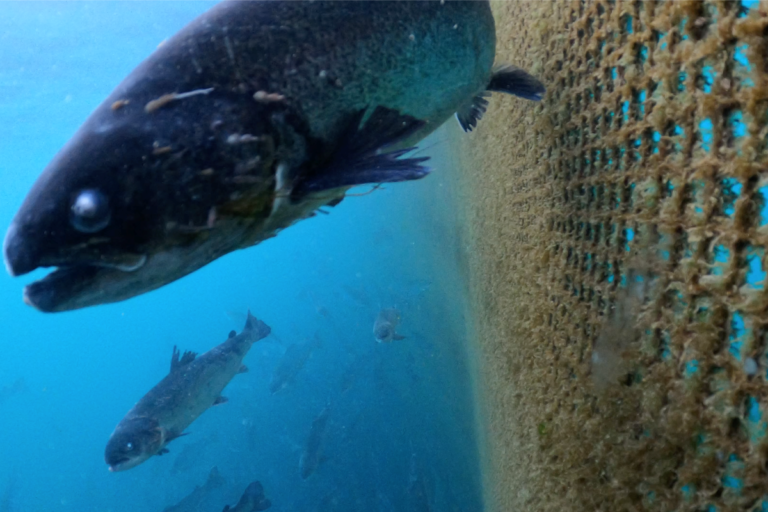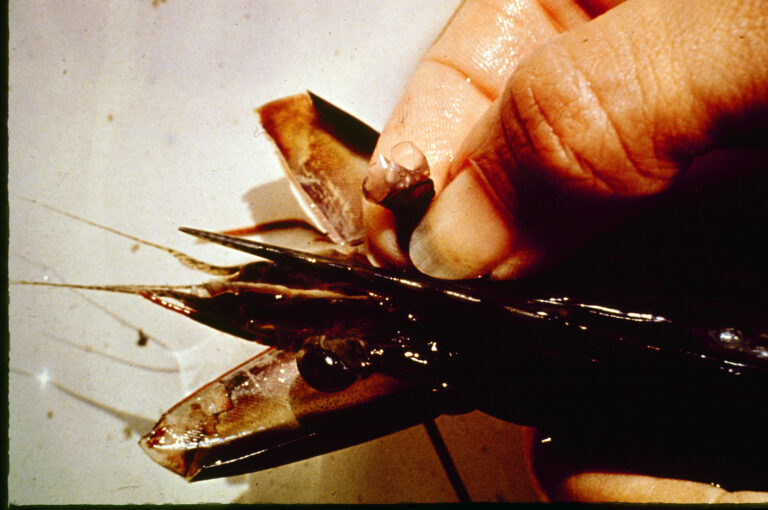
Category Fish/Shellfish

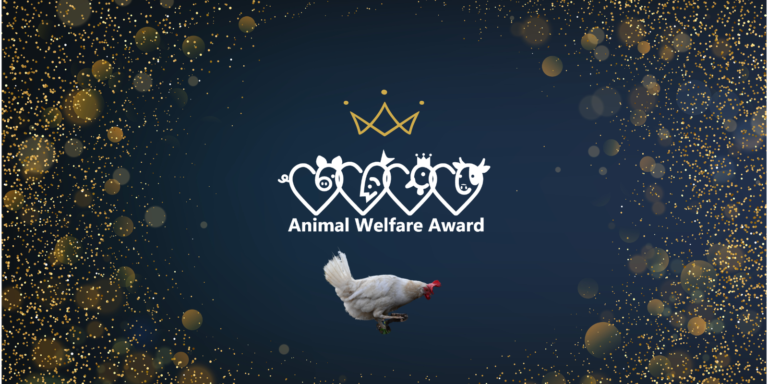
Animal Welfare Award 2024: Recognizing Ajinomoto’s Efforts to Date
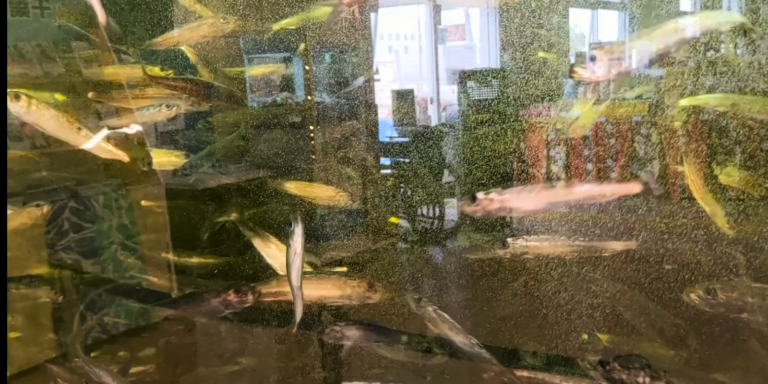
Overcrowded sardine exhibit, response from Kujukuri
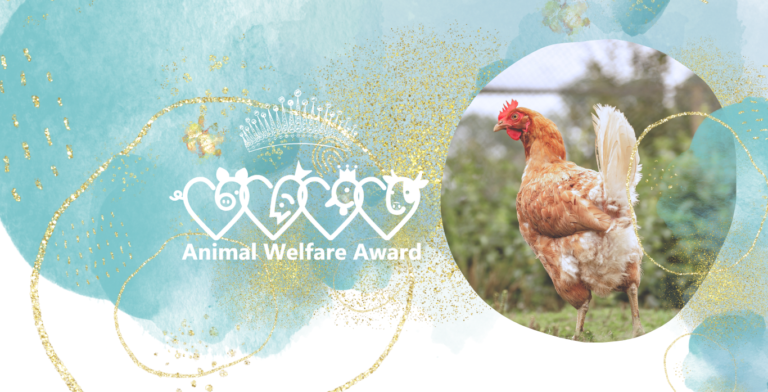
Aninmal Welfare Award 2023

Sardines at Umi-no-Eki Kujukuri Sardine Museum Overcrowded – Calls for Exhibit Abolishment
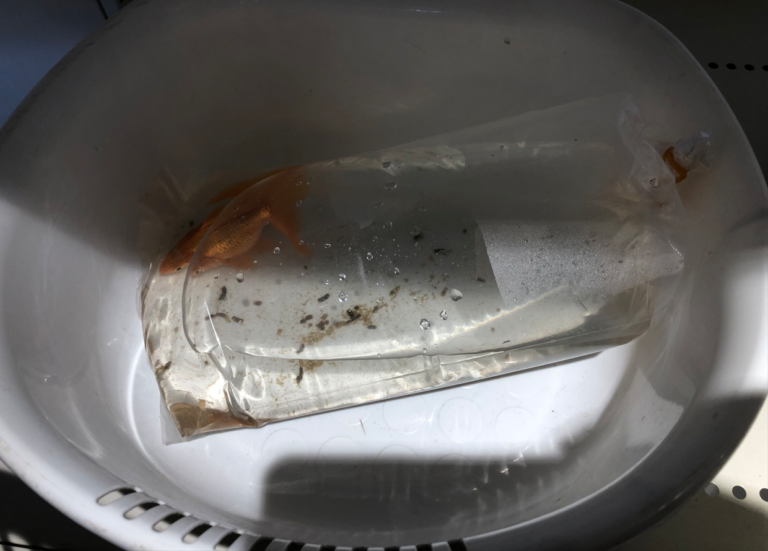
Aquarium Fish Sold in Plastic Bags with Minimal Water
On the World Day for Farmed Animals: Appeal the current situation of animals from Shibuya, Iwate, and Shiga
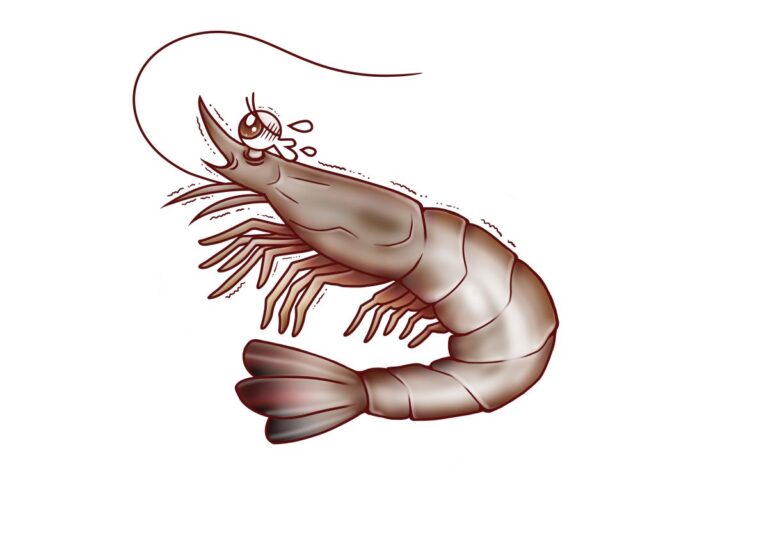
#ShrimpsMatter campaign final report
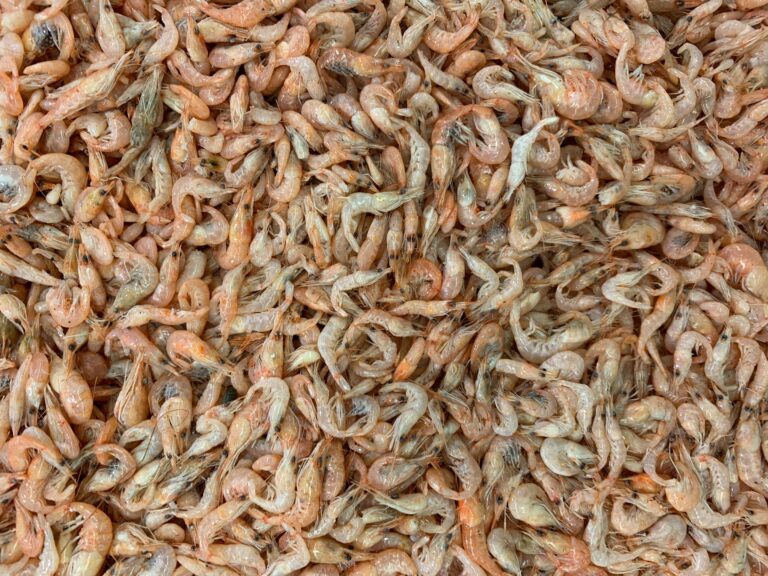
Awareness Survey Regarding Shrimps #2, January 2022
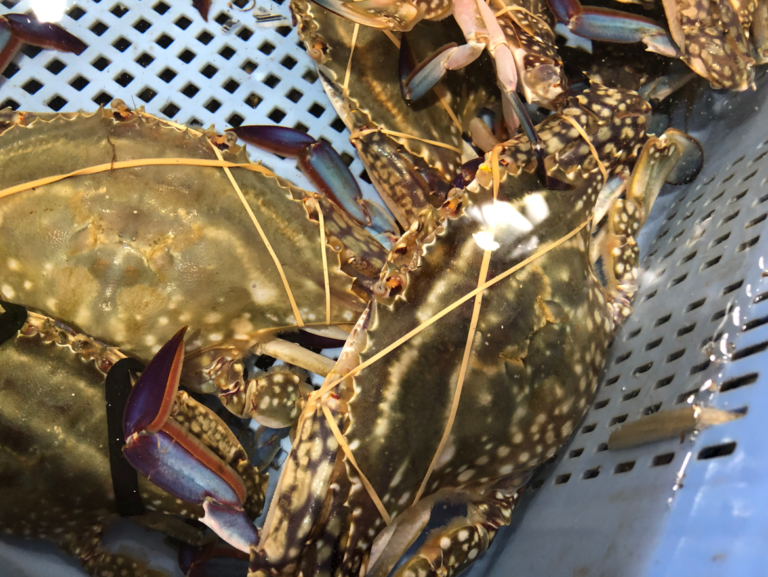
Gazami crab’s last day
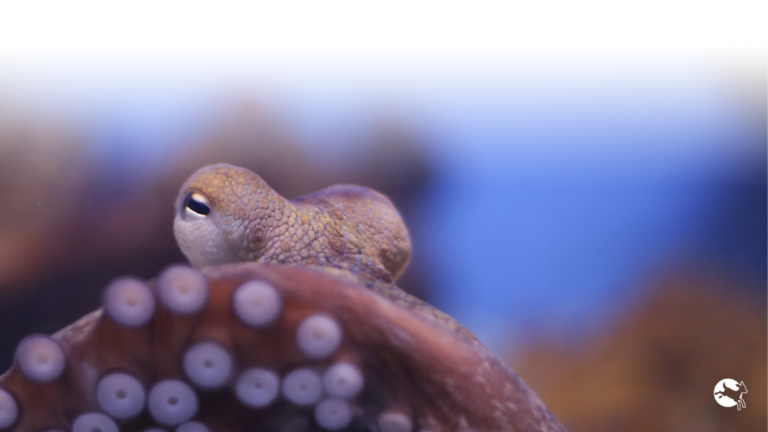
Animal welfare campaigners urge Japanese government to stop octopus factory farming on World Octopus Day

Awareness survey regarding shrimps, July 2021
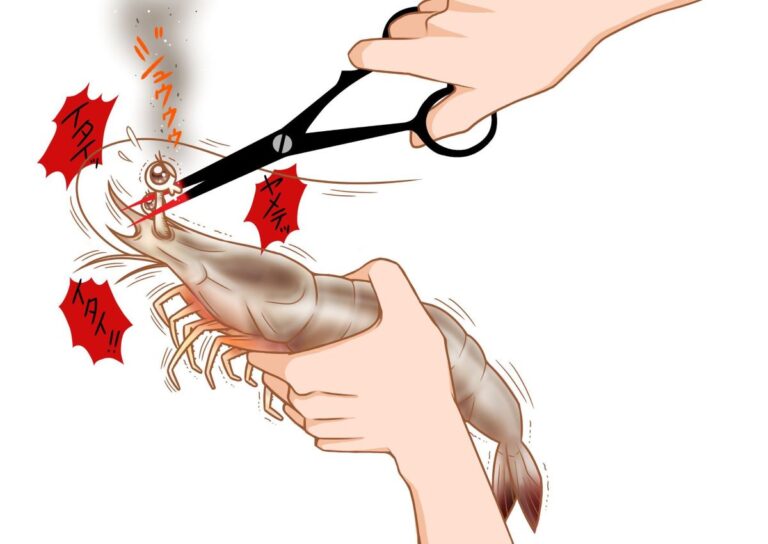
Did you know that in shrimp farms, one eye of the mother shrimp gets cut off?

Cruelty in shrimp farms exposed, #ShrimpsMatter campaign launched!
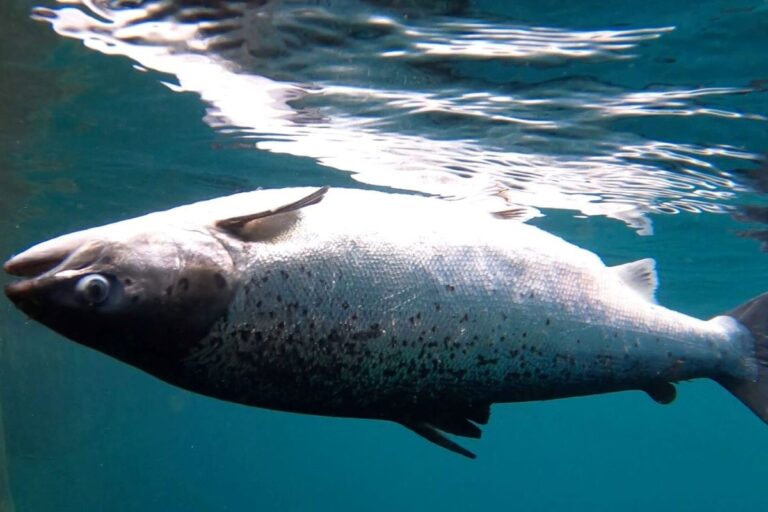
Stop Salmon Suffering
